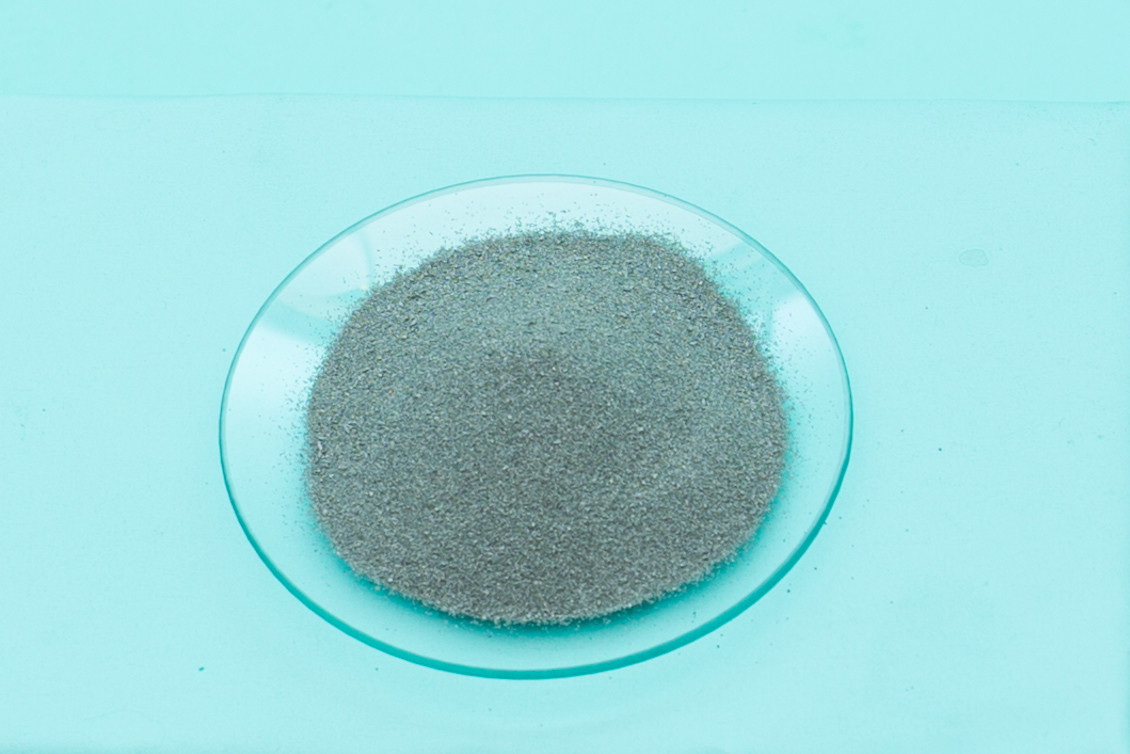Properties and applications of Molybdenum Carbide Mo2C Powder
The U.S. and its allies plan to impose sanctions on more Russian industries and supply chains.
The US government representatives recently visited Europe to consult with allies on strengthening and enforcing sanctions to punish Russia. They also plan to take action to disrupt their critical supply chains.
The US government claims that the sanctions imposed on Russia since the invasion began on February 24 have proved extremely effective, plunging Russia into a financial crisis. The sanctions include a freeze on the Russian central bank's foreign exchange assets, a ban on hard currency transactions by major Russian banks and wealthy individuals, and export restrictions on advanced semiconductors and other technologies. The sanctions have weakened the Russian economy and left the Kremlin with fewer resources.
The volatile international political situations will continue to affect the markets and prices of many commodities like the Mo2C powder.
Introduction to Molybdenum Carbide Mo2C Powder
Molybdenum carbide or Mo2C, the molecular weight is 203.88, and the carbon content is 5.89%. It is gray powder, the melting point is 2692℃. Insoluble in water and alkali, slightly soluble in nitric acid, sulfuric acid, and hydrofluoric acid. It has properties of high hardness, good thermal stability, mechanical stability, wear resistance, and corrosion resistance. In addition, molybdenum carbide has a similar electronic structure and catalytic properties to noble metals. The main catalytic reaction types include hydro hydrolysis, isomerization, hydrodesulfurization, hydrodenitrification, ammonia synthesis, hydrocarbon conversion, and synthesis.
Properties of Molybdenum Carbide Mo2C
Molybdenum carbide belongs to transition metal carbides, which is a group of mesenchymal compounds with metallic properties formed by carbon entering the lattice of transition metal. As a kind of new functional material with high hardness, good stability, and corrosion resistance, metal carbide has been applied in various mechanical fields with high-temperature resistance, friction resistance, and chemical corrosion resistance. In recent years, the catalytic performance of these compounds has been gradually discovered. Transition metal carbides have become a hot topic in the field of new inorganic catalytic materials because of their unique electronic structure and excellent catalytic performance.
In terms of catalytic properties, molybdenum carbide is similar to platinum group precious metals in many aspects, especially its hydrogenation activity is similar to Pt, Pd, and other precious metals, so it is expected to be a substitute for precious metals. The results show that molybdenum carbide has good catalytic activity and selectivity for hydro refining, desulfurization, and denitrification of oil, and has the characteristics of ultra-high hardness, and excellent temperature stability, thermal stability, and good corrosion resistance to general metal carbides. In addition, molybdenum carbide has been found to have similar electronic structure and catalytic properties as noble metals, as well as good capacitance characteristics and charge-discharge behavior, which is a new catalytic material with great application prospects.
| Molybdenum Carbide Mo2C Powder Properties | |
| Other Names | dimolybdenum carbide |
| CAS No. | 12069-89-5 |
| Compound Formula | Mo2C |
| Molecular Weight | 203.89 |
| Appearance | gray powder |
| Melting Point | 2690℃ |
| Boiling Point | N/A |
| Density | 9.18g/cm3 |
| Solubility in H2O | insoluble |
| Exact Mass | N/A |
Molybdenum Carbide Mo2C Powder CAS 12069-89-5
How are Carbides Formed?
Carbides are compounds consisting of carbon and less electronegative elements that are distinguished by chemical bonds (ionic, covalent). They are usually made of metals or metal oxides combined with carbon at high temperatures (1,500 °C or more).
Carbides are generally quite stable and exhibit high melting points. It can be used in critical industrial applications.
Carbides can be classified as salt-like carbides, interstitial carbides, and covalent carbides.
Applications of Molybdenum Carbide Mo2C Powder
1. For molybdenum alloy production. Molybdenum-zirconium-titanium alloy and molybdenum-titanium-zirconium-carbon alloy are widely used in electronic tubes, electric light source parts, metal processing tools, and turbine disks due to their high strength, good electrical conductivity, and low thermal expansion coefficient.
2. As steel additives. The role of molybdenum in stainless steel is to improve the corrosion resistance, strength, and weldability of the product.
3. As heating electrode in glass melting furnace. Molybdenum has good compatibility with most glass components and will not produce harmful substances due to small amounts of molybdenum dissolved in the glass bath.
Main Supplier of Molybdenum Carbide Mo2C Powder
Luoyang Tongrun Nano Technology Co. Ltd. (TRUNNANO) is a trusted global chemical material supplier & manufacturer with over 12-year-experience in providing super high-quality chemicals and Nanomaterials, including silicon powder, nitride powder, graphite powder, zinc sulfide, calcium nitride, 3D printing powder, etc.
If you are looking for high-quality Molybdenum Carbide Mo2C Powder, please feel free to contact us and send an inquiry. ([email protected])
Affected by the present complex international situation and the epidemic, the future of global financial markets, futures markets, and stock markets is still highly uncertain. For this reason, I suppose the price of the Mo2C powder would continue to rise.
Inquiry us
PREVIOUS NEWS
High Purity 3D Printing Nickel Alloy IN718 Powder
NEXT NEWS